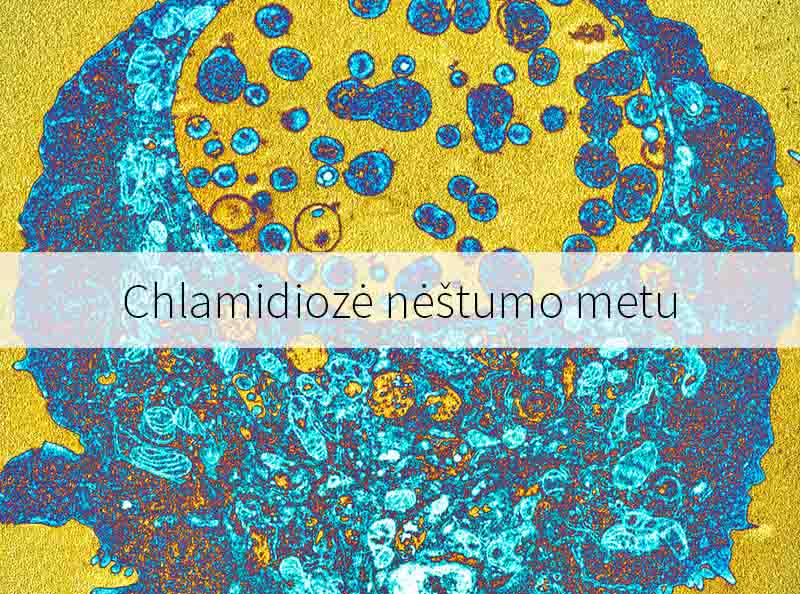Chlamydia is one of the most common sexually transmitted infections in Norway. If you are pregnant and diagnosed with chlamydia, you are probably also very concerned about whether the infection will be transmitted to the unborn child. For this reason, it should be mentioned that pregnant women with untreated chlamydia infection have a higher risk of death, premature birth, abortion or other complications. The first thing you should do is contact your general practitioner, so he can initiate treatment with antibiotics against chlamydia.
How do you treat chlamydia in a pregnant woman?
Klamydia, in line with other sexually transmitted infections, will increase the risk of abortion, premature birth and potentially life-threatening fetal development outside the uterus. The first step is therefore to take a chlamydia test and possibly test for other sexually transmitted diseases to determine if you are infected. Chlamydia is a relatively inexpensive disease to treat for pregnant women, as it is prescribed for prescription antibiotics by the doctor. You will usually get a 7-day long-term cure (Doxycycline®), but in some cases your doctor may choose to print a one-time shoulder with Azitromax®. This is a well-known form of treatment, and research shows that treatment with antibiotics against chlamydia during pregnancy is safe both for pregnant and lactating women. Once the treatment is started, the doctor will recommend you to take a new test 3-5 weeks later to check that the treatment has been effective and that the infection is out of the body. It is rare for patients to experience severe side effects when using medicines against chlamydia, but the most common are relatively harmless in the form of diarrhea, vomiting and dizziness. If you are allergic to antibiotics, tell your doctor about this.
Is treatment for chlamydia safe for the unborn child?
The main risk of chlamydia during pregnancy is that the infection can be transferred to the fetus, but if the infection with chlamydia is treated before birth, this will also make the child safe because it transfers the medicine through the mother.
